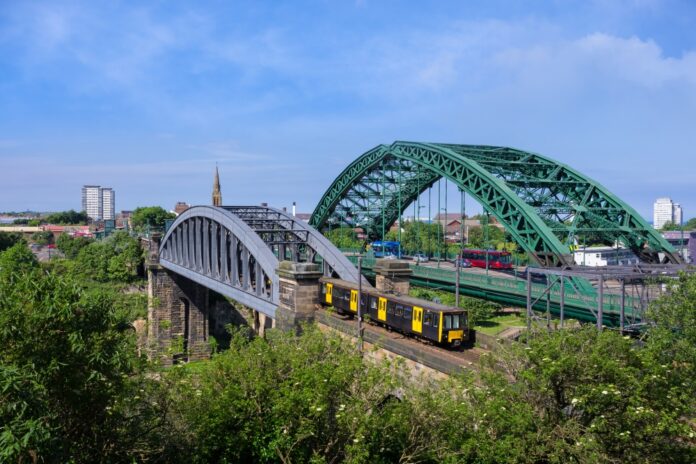The UK city of Sunderland is setting up a commercial consortium to become a neutral host for 5G connectivity and open-access fibre.
In a model that could be adopted by other cities, telecoms operators will have to rent capacity from the city to offer their own services.
The move aims to boost connectivity across the city and give citizens and businesses in Sunderland more choice.
Supported by law firm Bevan Brittan, Sunderland City Council is launching a procurement process for a strategic delivery partner to help fund, build and operate the neutral host infrastructure. The city aims to have a partner in place by early 2021.
It also plans to hold a market engagement event soon to glean input from telecom operators.
Connectivity gap
Sunderland has identified digital connectivity as one of its key challenges, with one of the poorest ultra-fast broadband penetration rates of all UK cities, according to a Centre for Cities report.
“We didn’t have operators queuing up at our door to say we’re happy to come and install connectivity across your city. For us, that meant intervening in the market, which is what we’re doing,” Liz St Louis, assistant director of digital and customer service, Sunderland City Council, told Mobile Europe’s sister publication SmartCitiesWorld.
The council had noted that connectivity gaps were holding back some of the work it is trying to progress, such as deploying smart home technology for assisted living. A two-day event held in April last year with major businesses and academic institutions from the city revealed high-speed connectivity was a priority for them too.
Use cases
The meeting also yielded six key use cases for 5G in Sunderland, relating to a digital city centre; smart homes; sporting excellence and major events; business start-up and scale-up; education, skills and learning; and industry 4.0.
Dublin in Ireland and Cascais in Portugal are examples of other cities which are trialling neutral host models for 5G.



